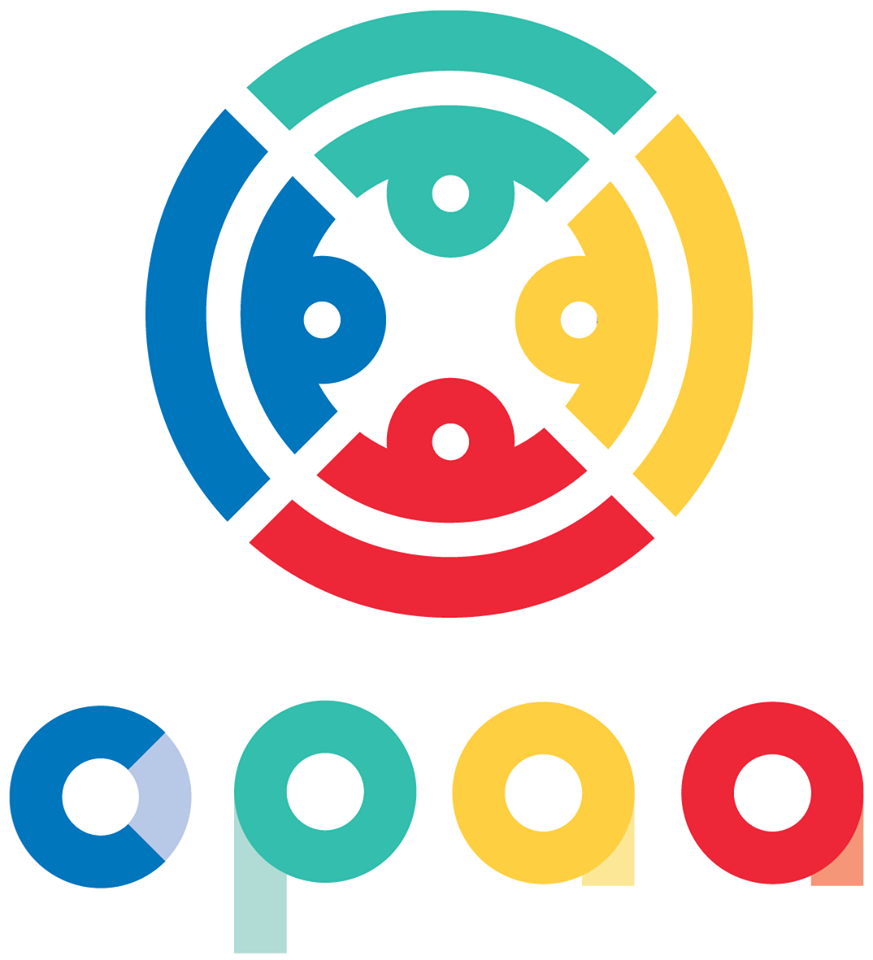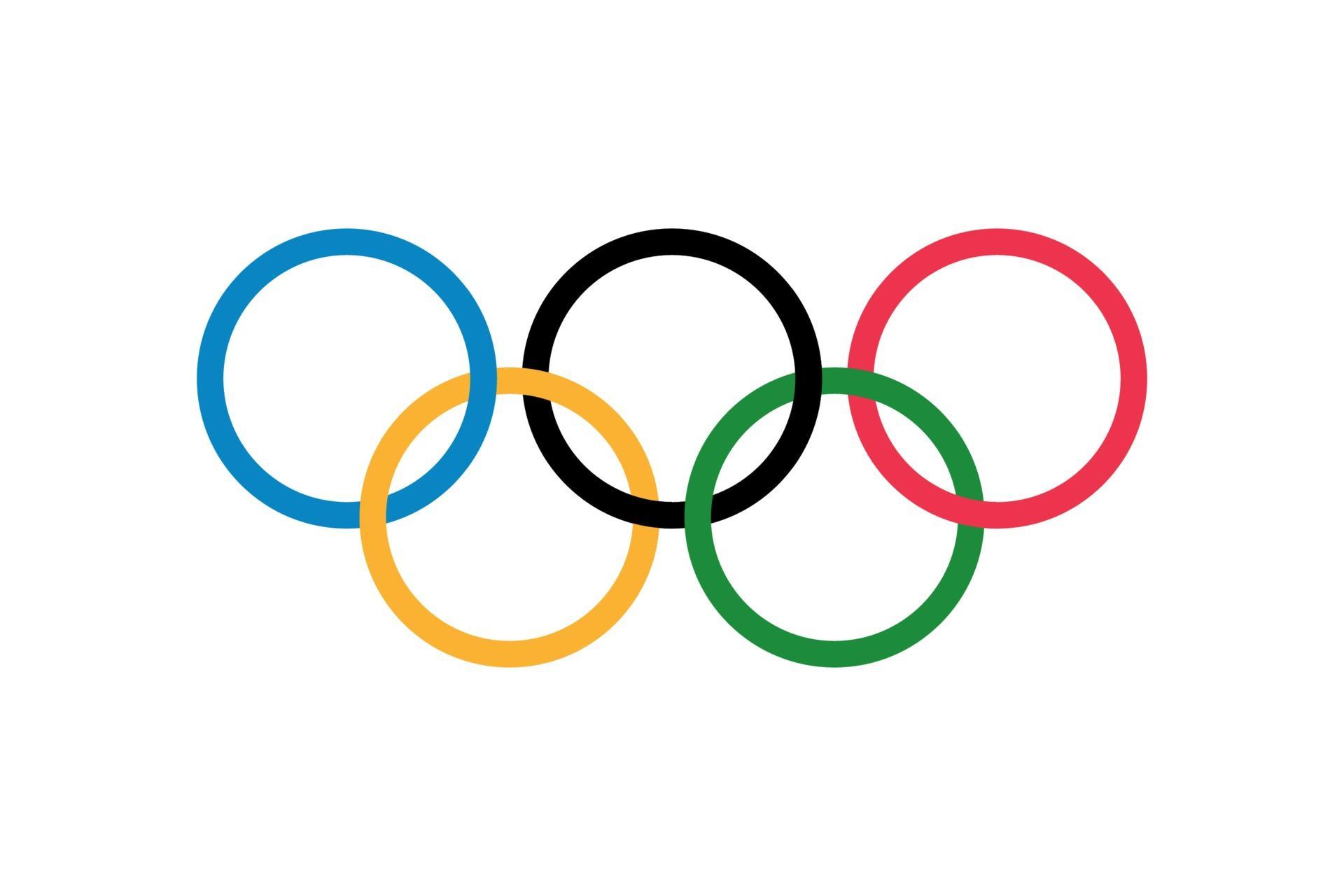As the summer Olympics kick off, the event presents more than just a chance to cheer for Team USA. This global sporting spectacle holds profound educational value, transcending the boundaries of sports and offering a rich array of learning opportunities across various disciplines. It fosters personal development and promotes values essential for individual and societal growth.
The Olympic Games serve as a platform for cultural exchange and education. They provide insights into ancient civilizations, particularly through the origins of the Olympics in ancient Greece. This historical context allows students to explore ancient values and contributions to modern society. Each host city, with its unique culture, architecture and traditions, becomes a living classroom for geography, history and cultural studies.
Moreover, the Olympics promote global understanding and appreciation of diversity. By uniting athletes and spectators from around the world, they foster a sense of global citizenship. This exposure to different nations helps to dismantle stereotypes, reduce prejudices, and build a sense of unity and mutual respect.
Physical fitness and healthy lifestyles also are highlighted by the Olympics. The event inspires individuals, especially youth, to engage in sports and physical activities. This inspiration can lead to lifelong habits of exercise, crucial for maintaining physical and mental health. Educational programs can use the excitement of the Olympics to teach students about the benefits of regular physical activity, good nutrition and overall wellness.
Values such as fair play, respect and perseverance are emphasized during the Olympics. Stories of athletes overcoming obstacles, displaying sportsmanship and achieving excellence through hard work serve as powerful examples for character education. These values can be integrated into educational curricula to teach students about integrity, dedication and ethical behavior.
The organization of the Olympics involves significant advancements in science, technology, engineering and mathematics (STEM). From designing sports facilities to innovations in athletic equipment and performance analytics, the Olympics provide real-world examples of how STEM disciplines are applied. Students can explore topics such as biomechanics, materials science and data analysis through the lens of the Olympics.
The international nature of the Olympics encourages learning foreign languages and enhances communication skills. Interpreting multilingual broadcasts, reading about different countries and athletes, and participating in Olympic-themed projects can improve language proficiency and intercultural communication skills.
Recent Olympics have increasingly focused on sustainability and environmental responsibility. Initiatives like building eco-friendly infrastructure, reducing carbon footprints and promoting green practices educate students about environmental conservation. The Olympics can serve as a case study for environmental science and sustainable development courses.
Olympic athletes often serve as role models, demonstrating the results of hard work, resilience and goal-setting. Their journeys can inspire students to pursue their passions and dreams, whether in sports, academics or other areas of interest. Educators can use these stories to motivate students to set and achieve their goals.
The Olympics also offer a context for studying the economic and social impacts of large-scale events. Students can explore topics such as urban development, economic boosts to host cities, tourism and the social implications of hosting the Games. This is particularly relevant for studies in economics, sociology and urban planning.
Furthermore, the cultural ceremonies and artistic performances associated with the Olympics showcase creativity and artistic expression. These elements can inspire students in art, music, dance and literature, demonstrating how art and culture unite people and convey powerful messages.
The educational value of the Olympics is multifaceted, offering opportunities for learning and growth across various disciplines. By integrating the themes and values of the Olympics into educational curricula, educators can inspire students to become well-rounded individuals who appreciate diversity, value physical fitness and strive for excellence in all aspects of life.

